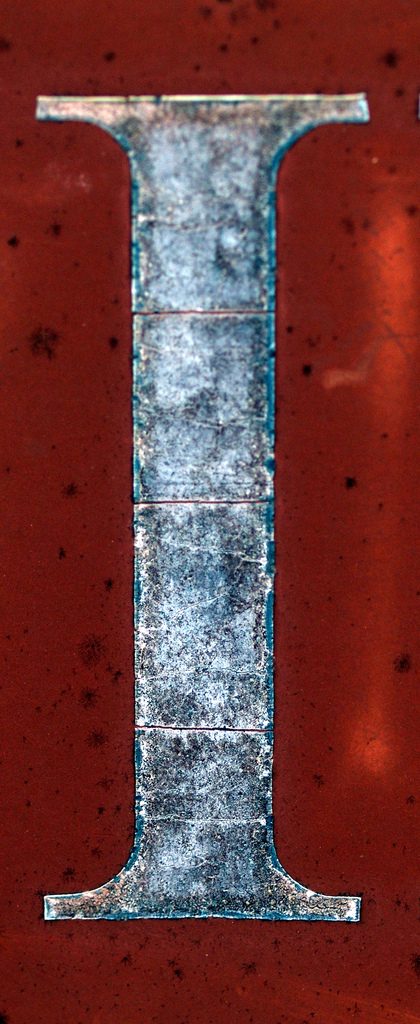Why I, I Wonder? Posted by Gary Locke on Apr 14, 2017 in English Grammar, English Language, English Vocabulary

In the English language, I is the nominative singular pronoun, used in reference to oneself, and it is always capitalized. No other language singles out and capitalizes this pronoun, only English. We don’t capitalize any other pronoun, me, my, mine, we, us, our… The question is – why?
The most obvious answer is because English speakers probably have an overinflated opinion of themselves. While that may seem true to some observers, there is more to this than meets the eye.
In Old and Middle English, when the language still had gender, the nominative singular pronoun was usually written as the Germanic ich and sometimes ic. As the language developed its own identity, to distinguish it from its German and Nordic roots, the lone letter i was substituted.
Of course, at this time the only people who wrote the English language were Church scribes. They had the tedious task of writing everything down by hand, and making each letter and word as legible as possible. And not only for religious texts, but eventually they were tasked with writing secular, legal documents as well. Some of the evolution of the English language may have simply come from laziness. Since the nominative singular pronoun appears often in any text as the subject of a sentence, it may have been just much easier for scribes to write it as one letter.
Another consideration is the placement of nominative singular pronouns in sentences. It often appears as the first word. In lower case, the letter i has a tendency to get lost. When capitalized, I gains prominence and attention. For official proclamations and decrees, therefore, the letter I represented monarchs, nobility, and authority. It was necessary to make the pronoun bigger, and more important.
Medieval scribes initially crafted the capital I as more of an elongated j, minus the dot over the letter. Eventually, in the art of transcribing, attached bars appeared above and below the letter. It looked every bit like the symbol of distinction that it was intended to convey.
Photo by Takomabibelot on Flickr

Build vocabulary, practice pronunciation, and more with Transparent Language Online. Available anytime, anywhere, on any device.




Comments:
karina zalieva:
I am interested in T E materials which are useful and important to me